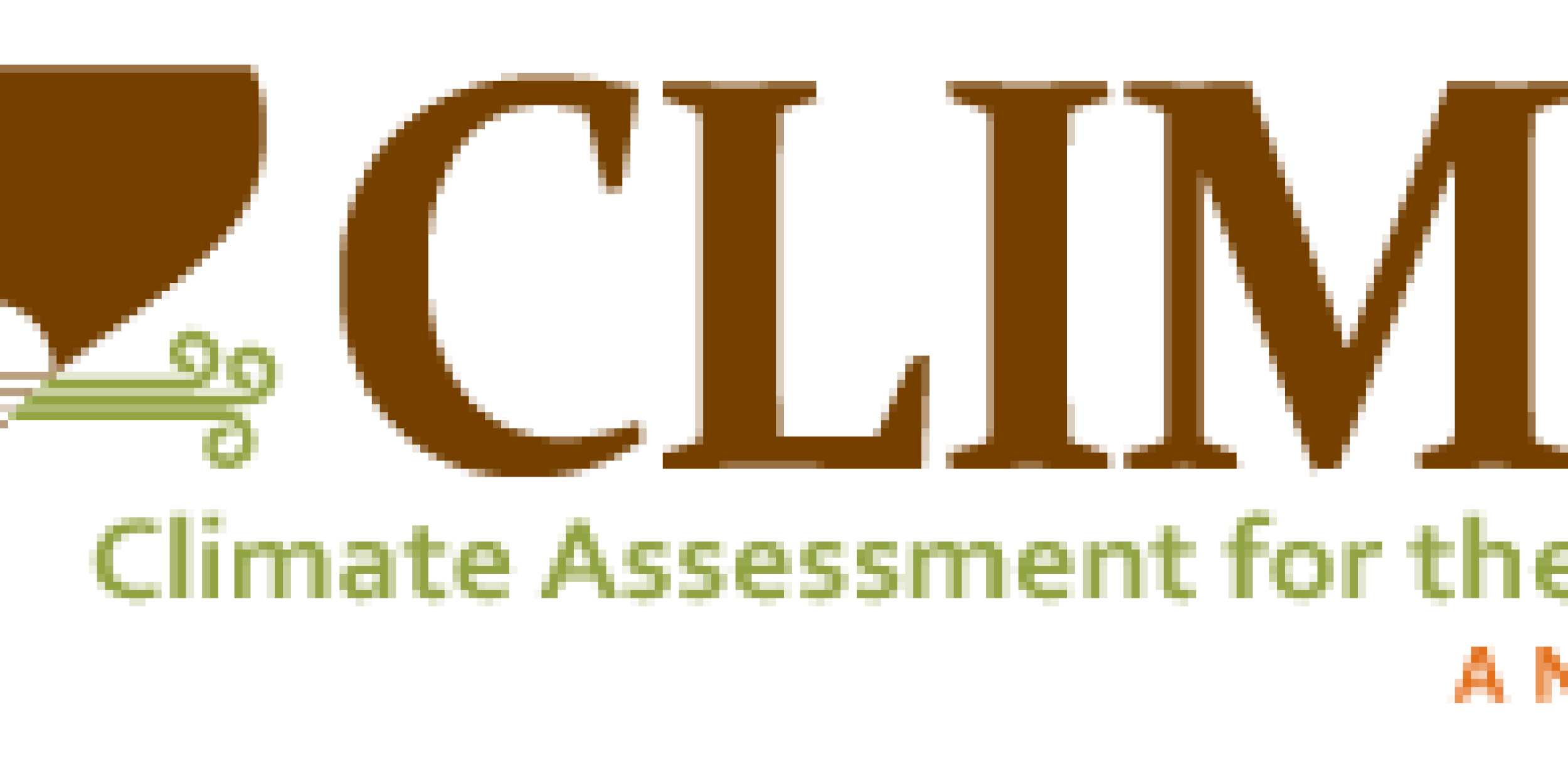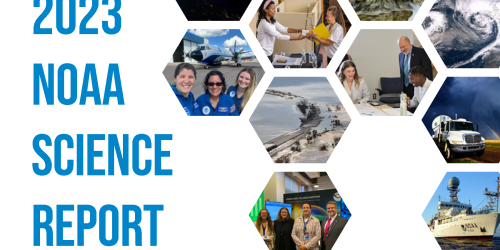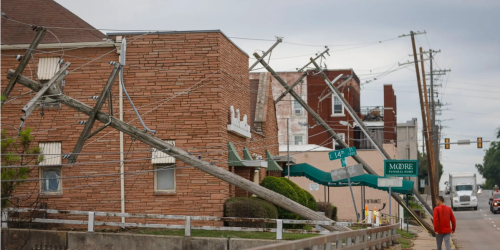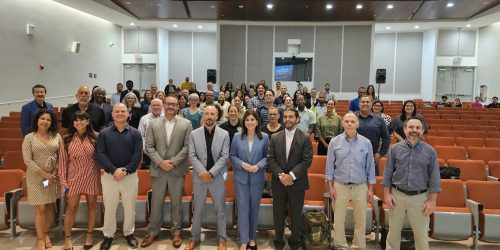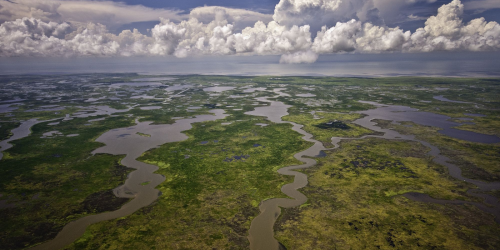Stakeholder participation at the intersection of climate and health is essential to assess and plan for the human health impacts of current and projected climate-sensitive hazards. Using the Maricopa County Department of Public Health (MCDPH) Coalition on Climate Change and Public Health workgroup and the Climate Assessment for the Southwest (CLIMAS) program, a CPO RISA team, as examples, a new paper describes the important role of scientist–public health stakeholder collaboratives in addressing the public health impacts of climate-sensitive hazards. The authors mapped stakeholder connections, using the MCDPH and CLIMAS stakeholder groups, to show relationships between the organization types and connections between scientists and public health stakeholders. Stakeholders, defined as meeting attendees, were primarily individuals from academic institutions (n = 175), government agencies (n = 114), non-profits (n = 90), and health departments (n = 85). Engaging public health stakeholders in transdisciplinary regional climate initiatives and addressing gaps in their networks helped these programs to develop more collaborative projects over time.
Funded by the Center for Disease Control and Prevention’s Building Resilience Against Climate Effects (BRACE) Program and the NOAA RISA Program, this project demonstrates the value of fostering scientist-stakeholder relationships in catalyzing collaborative public health efforts. While the success of this project led to additional grant funding, the authors note that continuous funding for climate and health is a persistent challenge for the participation of public health organizations. Investments in scientist-stakeholder engagements in public health lead to additional benefits when the parties can help each other compete for additional funds.
This paper was published in a Special Issue of the journal Atmosphere entitled “Public Health Impacts of Climate Change.”


